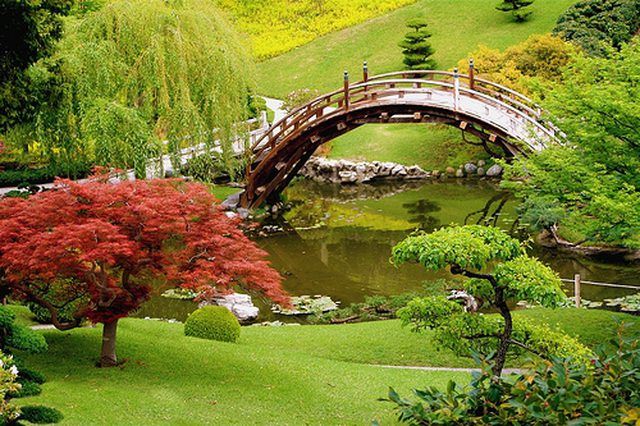Bulbs
Flower Basics
Flower Beds & Specialty Gardens
Flower Garden
Garden Furniture
Garden Gnomes
Garden Seeds
Garden Sheds
Garden Statues
Garden Tools & Supplies
Gardening Basics
Green & Organic
Groundcovers & Vines
Growing Annuals
Growing Basil
Growing Beans
Growing Berries
Growing Blueberries
Growing Cactus
Growing Corn
Growing Cotton
Growing Edibles
Growing Flowers
Growing Garlic
Growing Grapes
Growing Grass
Growing Herbs
Growing Jasmine
Growing Mint
Growing Mushrooms
Orchids
Growing Peanuts
Growing Perennials
Growing Plants
Growing Rosemary
Growing Roses
Growing Strawberries
Growing Sunflowers
Growing Thyme
Growing Tomatoes
Growing Tulips
Growing Vegetables
Herb Basics
Herb Garden
Indoor Growing
Landscaping Basics
Landscaping Patios
Landscaping Plants
Landscaping Shrubs
Landscaping Trees
Landscaping Walks & Pathways
Lawn Basics
Lawn Maintenance
Lawn Mowers
Lawn Ornaments
Lawn Planting
Lawn Tools
Outdoor Growing
Overall Landscape Planning
Pests, Weeds & Problems
Plant Basics
Rock Garden
Rose Garden
Shrubs
Soil
Specialty Gardens
Trees
Vegetable Garden
Yard Maintenance
Is a Japanese Maple Tree Toxic?
Is a Japanese Maple Tree Toxic?. Japanese maple trees are not toxic. In fact, the tree's leaves are eaten as part of some Japanese dishes and have no adverse health effects.

Japanese maple trees are not toxic. In fact, the tree's leaves are eaten as part of some Japanese dishes and have no adverse health effects.
Definition
Japanese maples (Acer palmatum) are native to Japan, Korea and China. Gardeners and horticulturists prize these trees for their autumn colors and beautiful foliage. Japanese maples are typically small and perfect for small gardens or for growing in containers. Tree experts often refer to them as Acers.
Types
There are more than 1,000 cultivars (or varieties) of Japanese maple trees. Similar species include Acer duplicatoserratum, Acer japonicum (Downy Japanese Maple), Acer pseudosieboldianum (Korean Maple), Acer shirasawanum (Fullmoon Maple), and Acer sieboldianum (Siebold's Maple).
Considerations
None of these organizations list the Japanese maple (or Acer palmatum) or any of its similar species as toxic: ASPCA, Cat Fanciers Association (CFA), University of Illinois Veterinary Medicine Library and Cornell University's Department of Animal Sciences.
Misconceptions
The Japanese maple may not be toxic, but a certain fungus that grows on the bark of red maple trees is; however, the Japanese maple comes from different parts of the genus than red maple, and this fungus does not grow on the Japanese maple.
Warning
It has been confirmed that red maple is toxic to horses. This has led some to consider all maple trees toxic; however, there have been no reports of Japanese maples being toxic to either animals or humans.